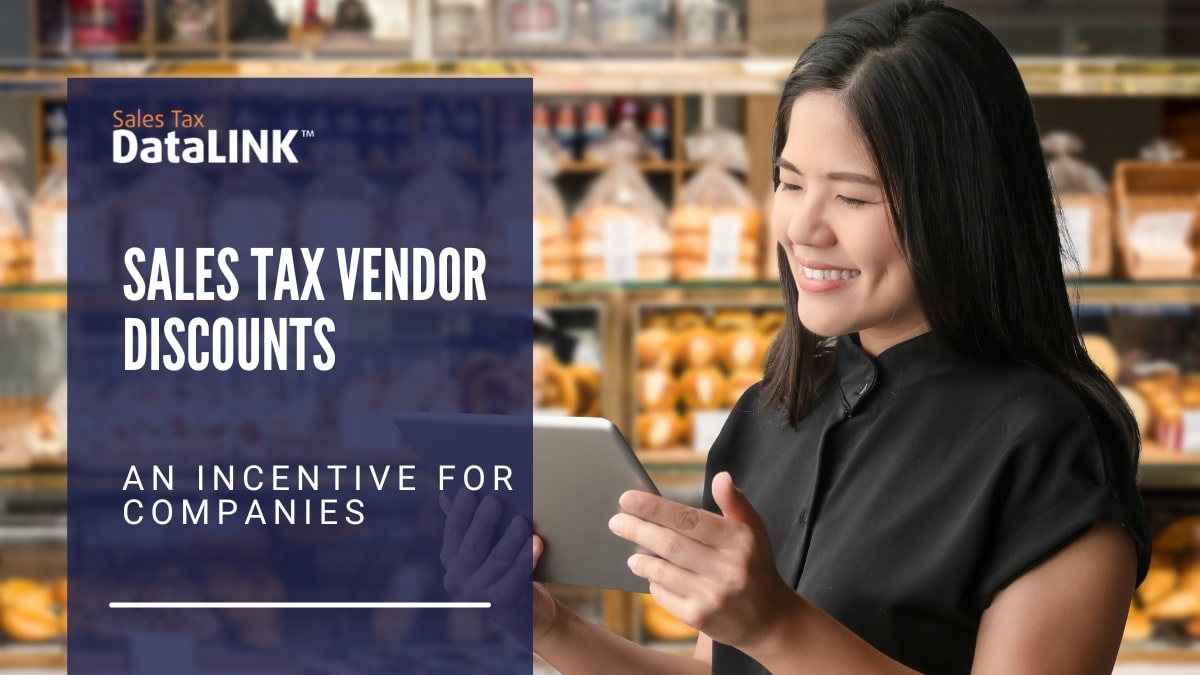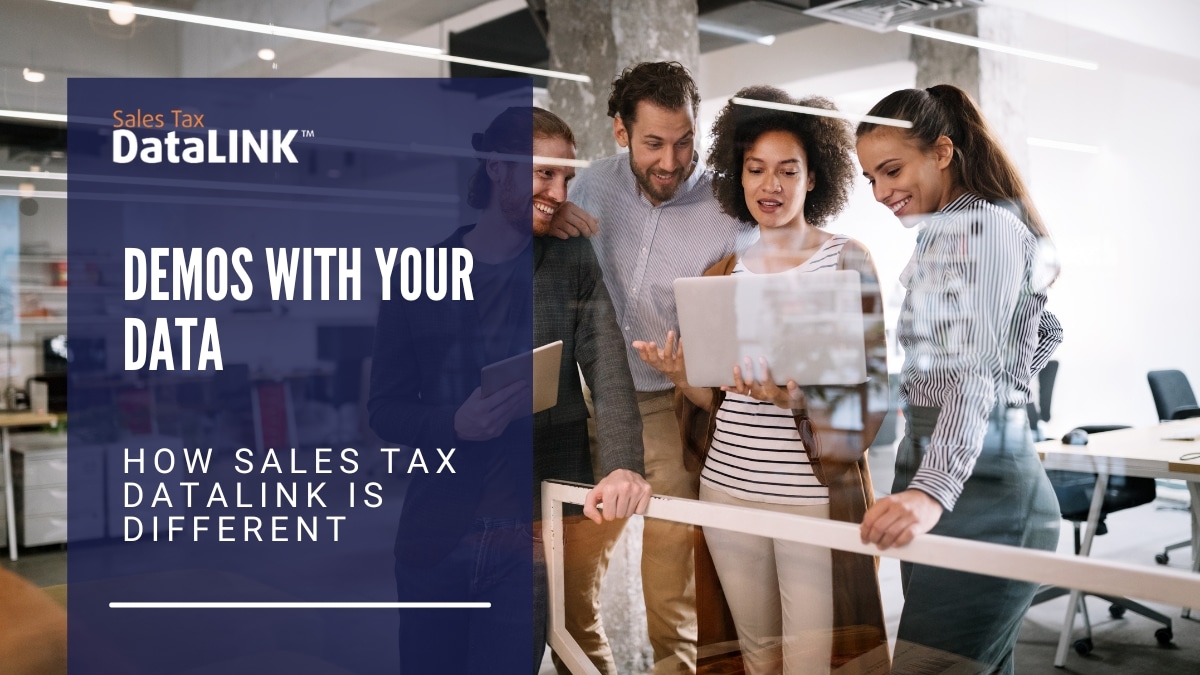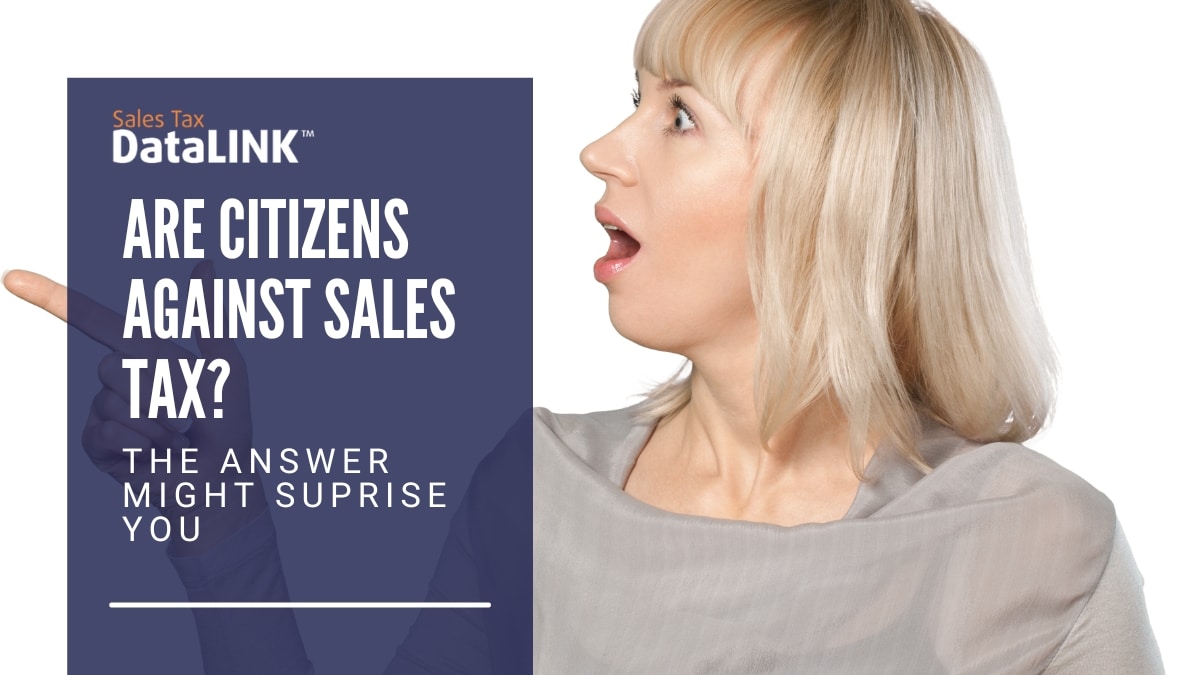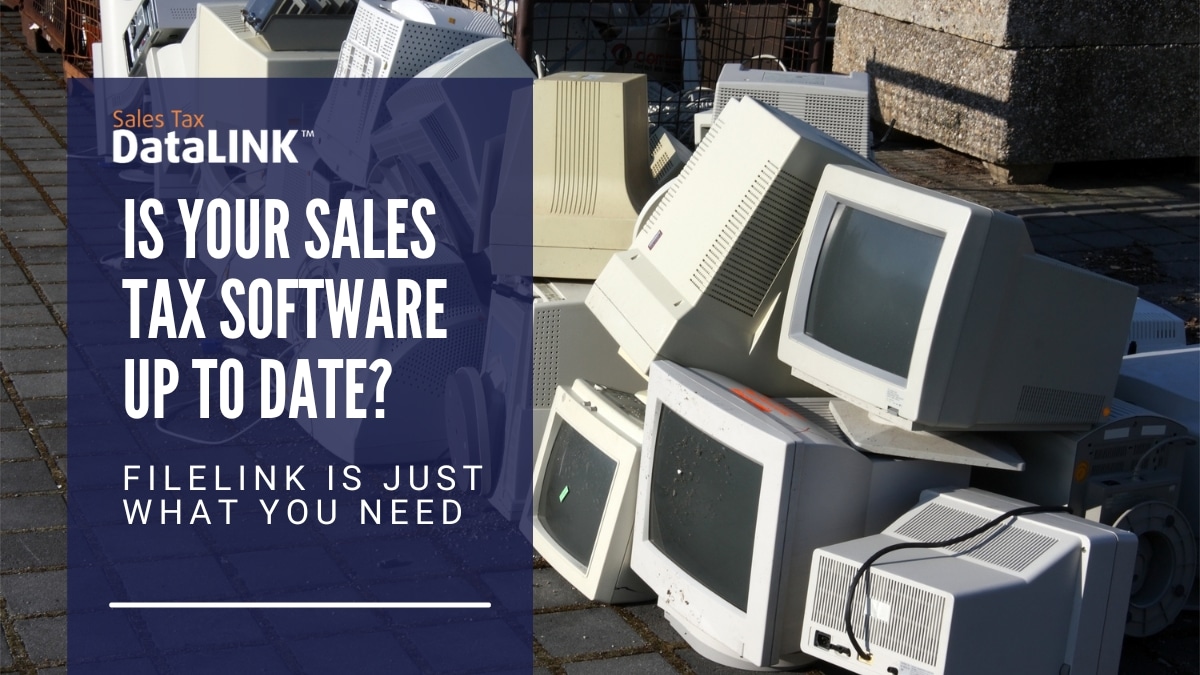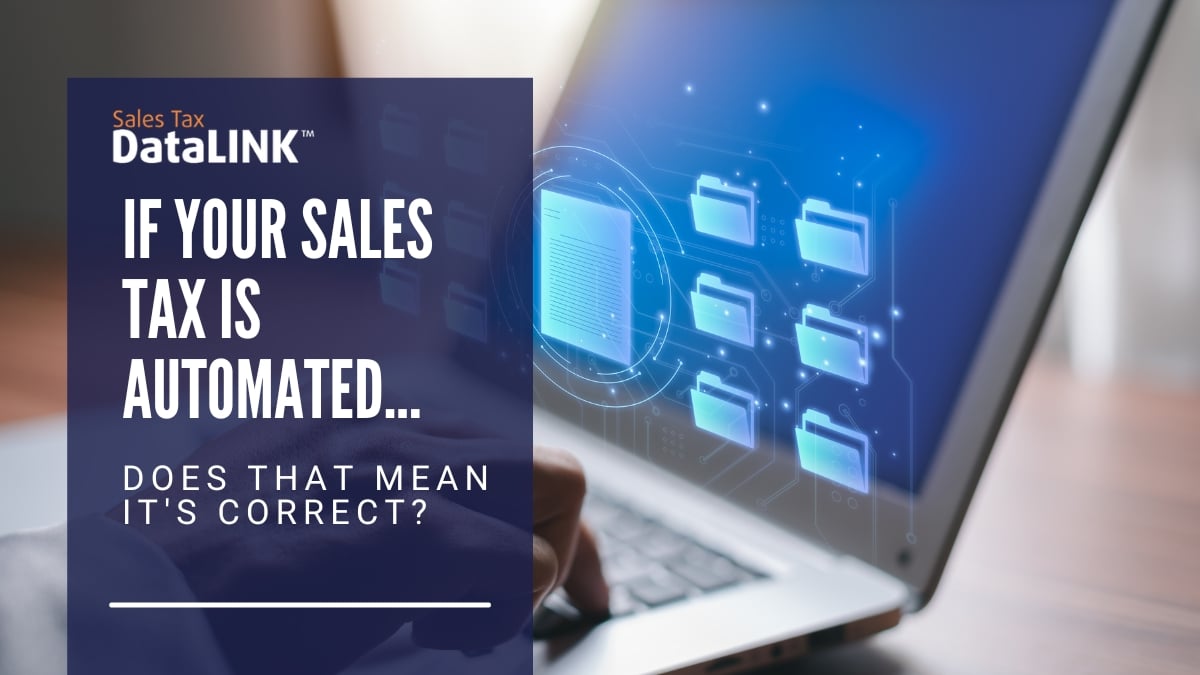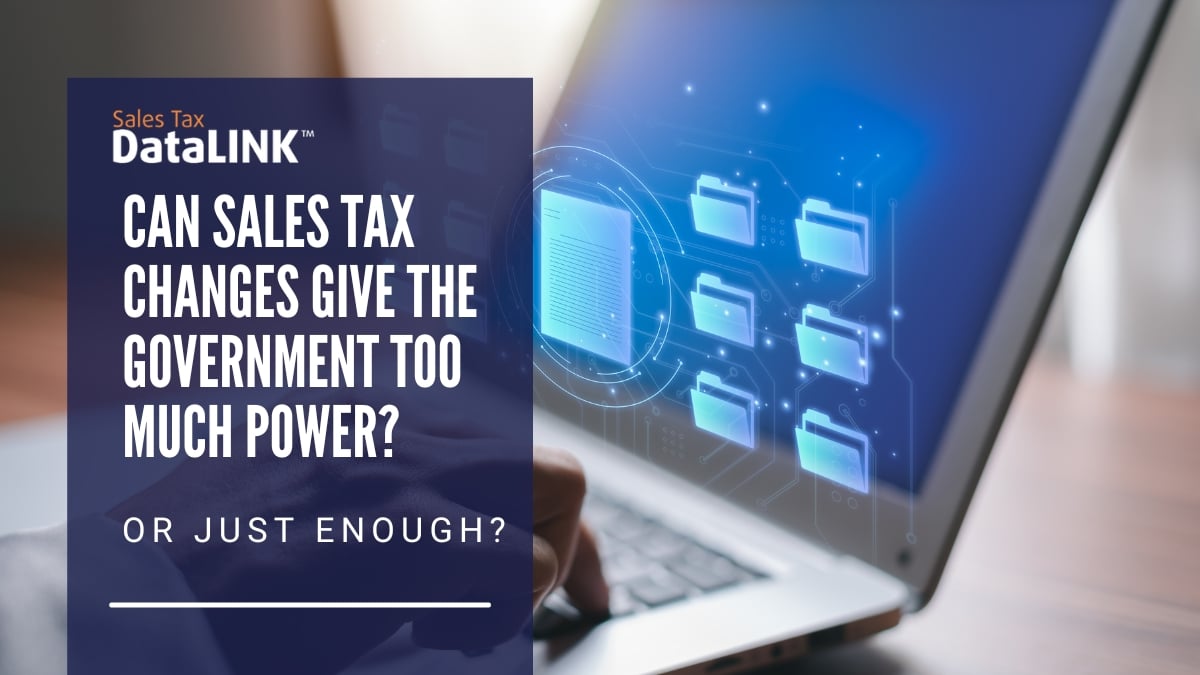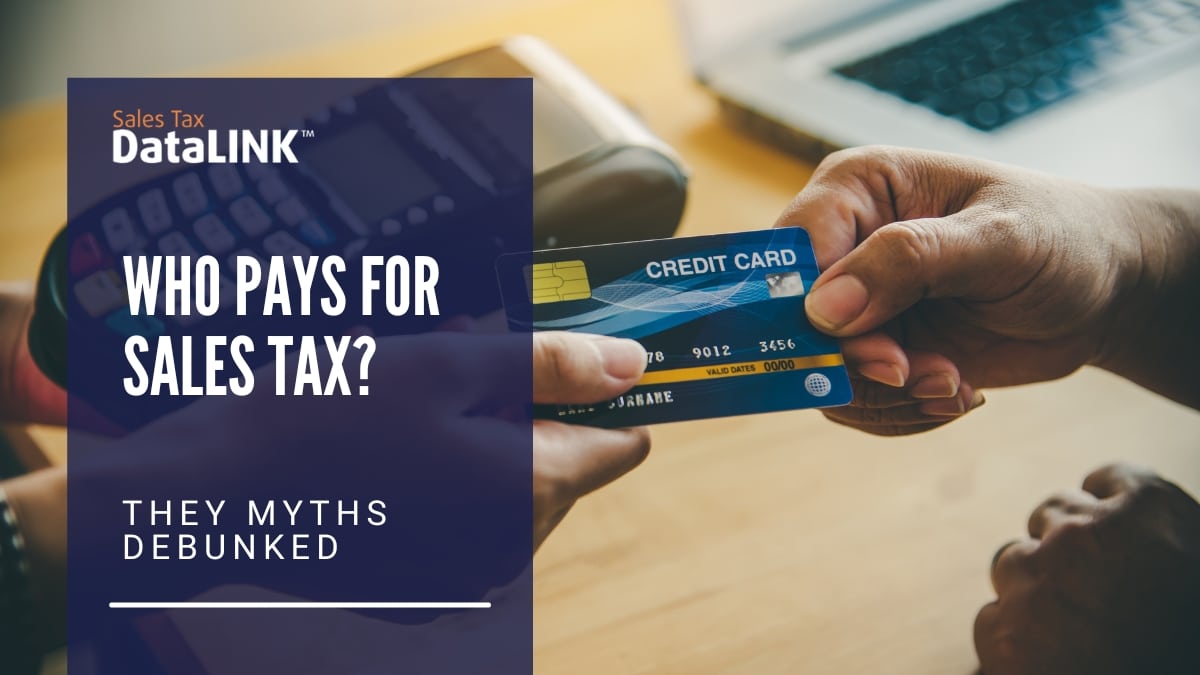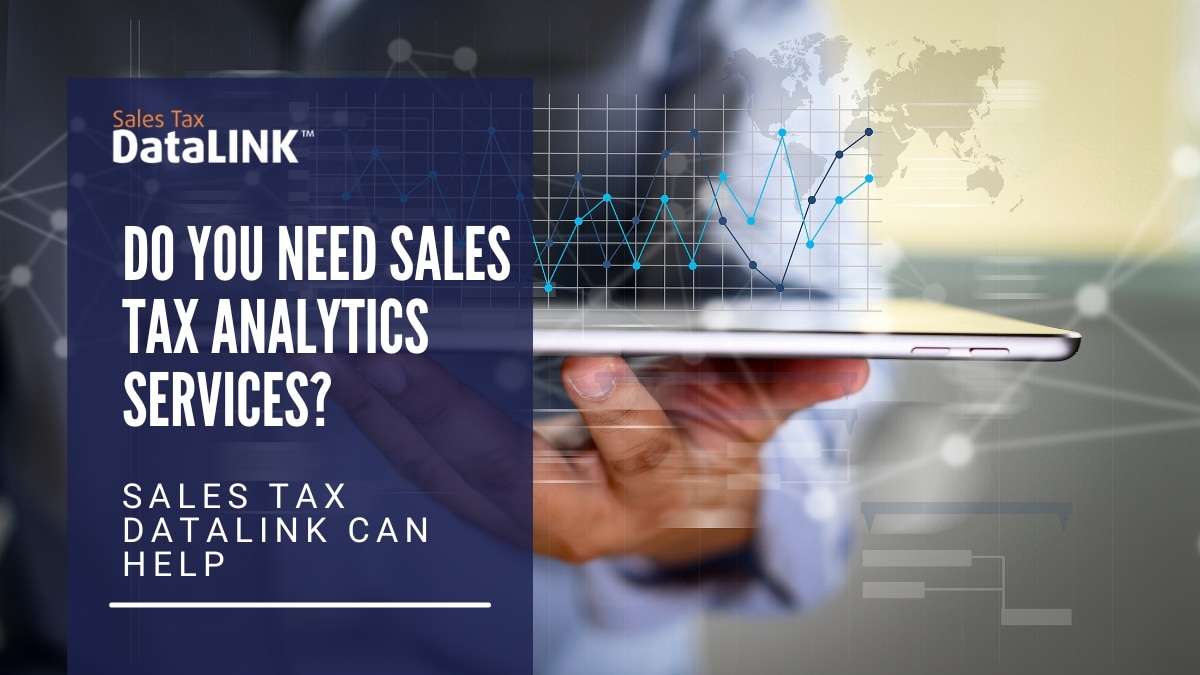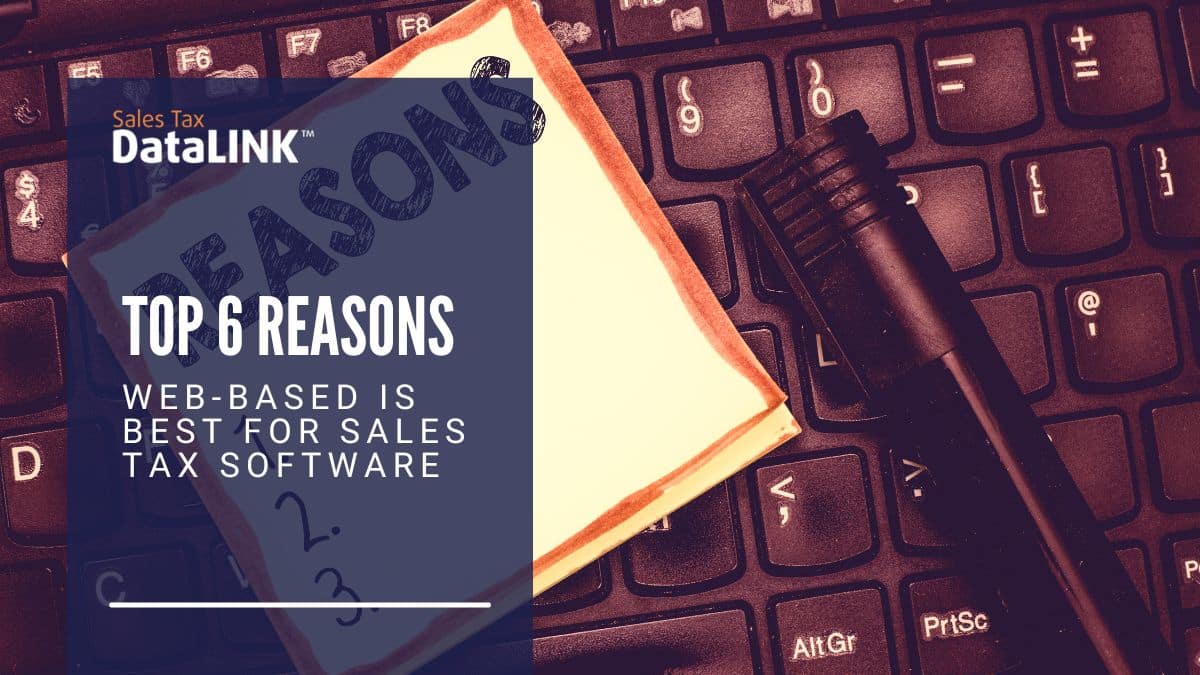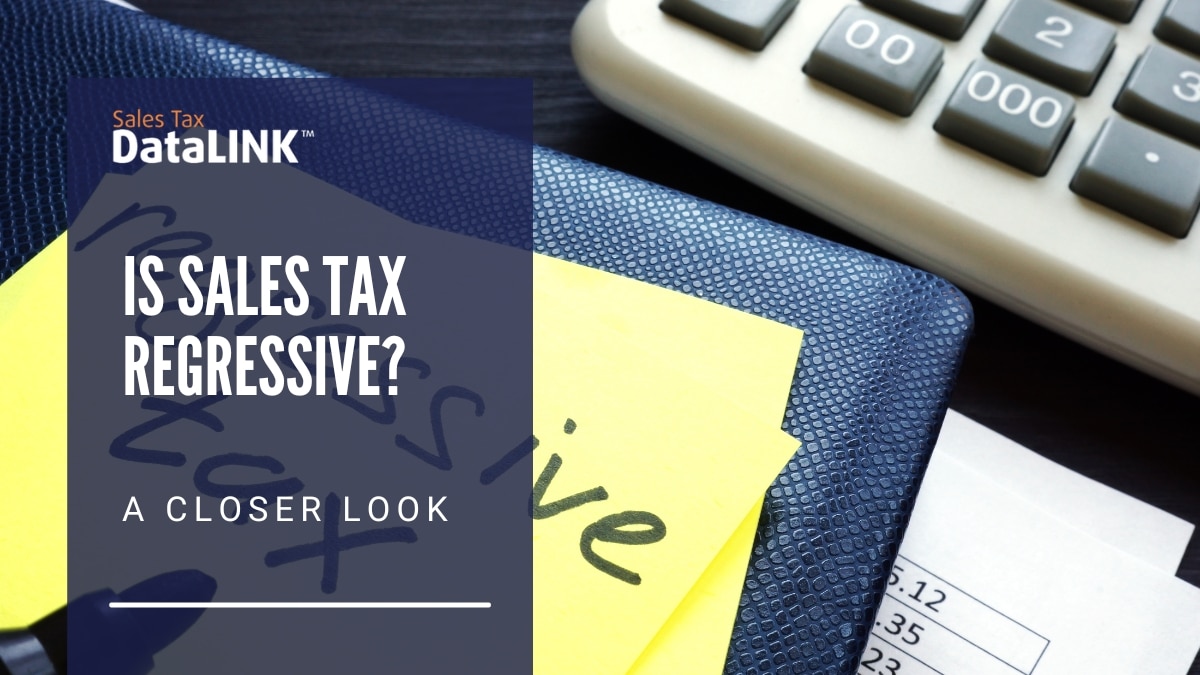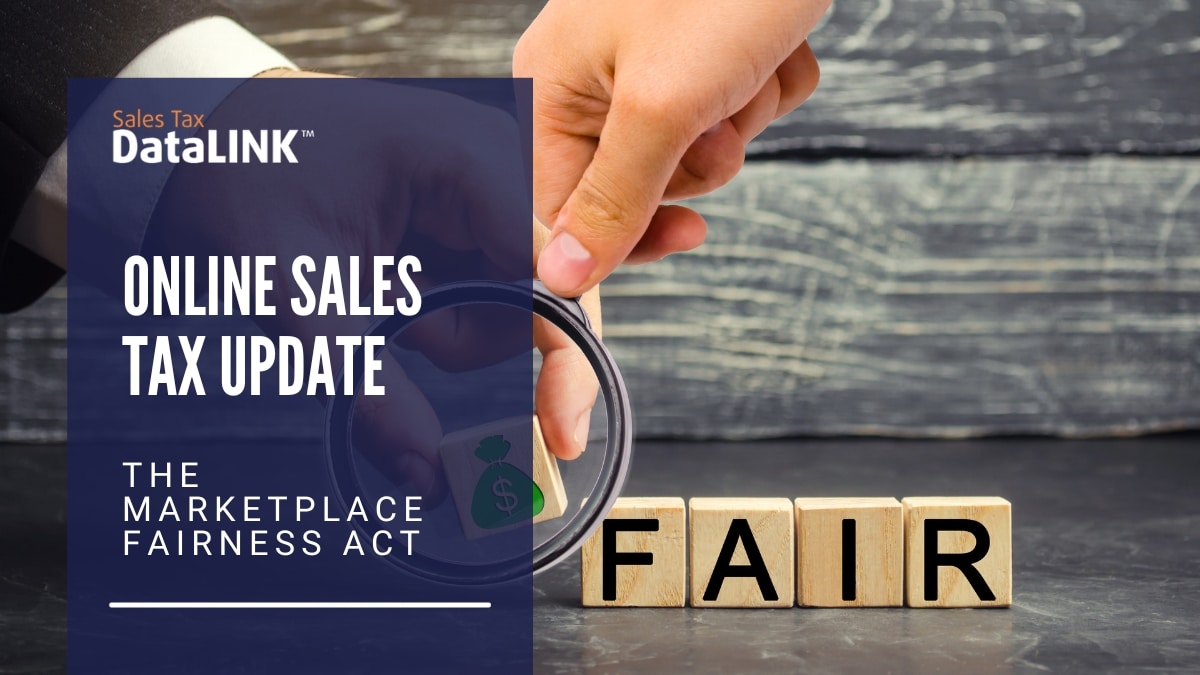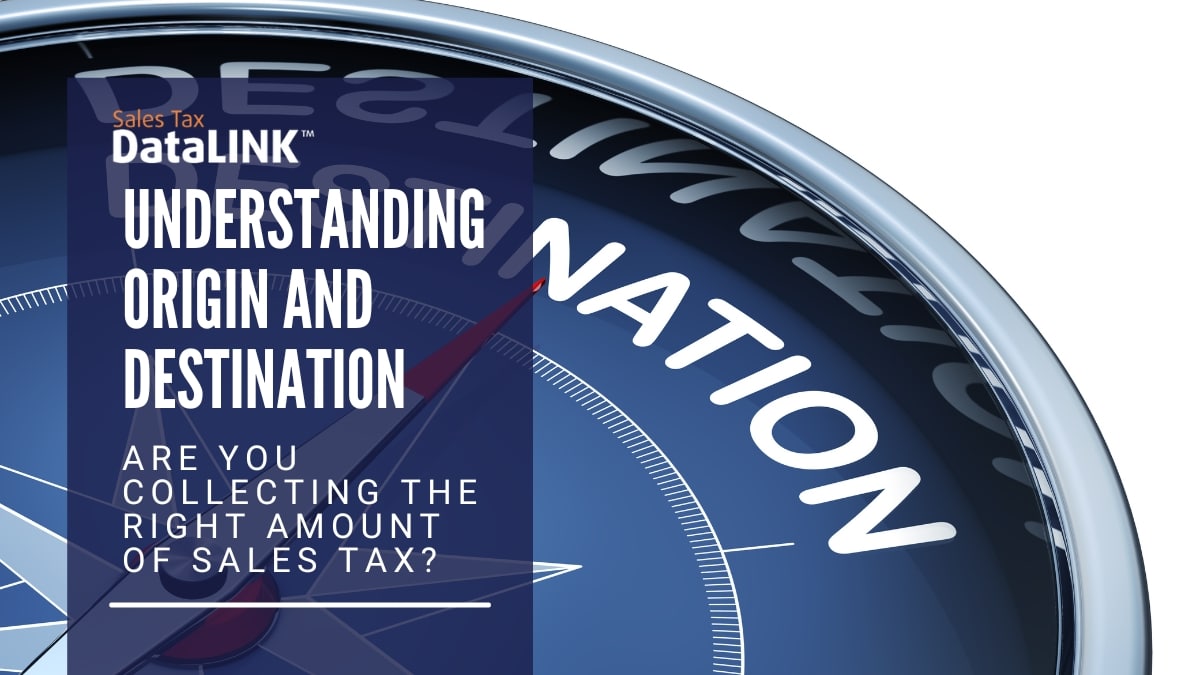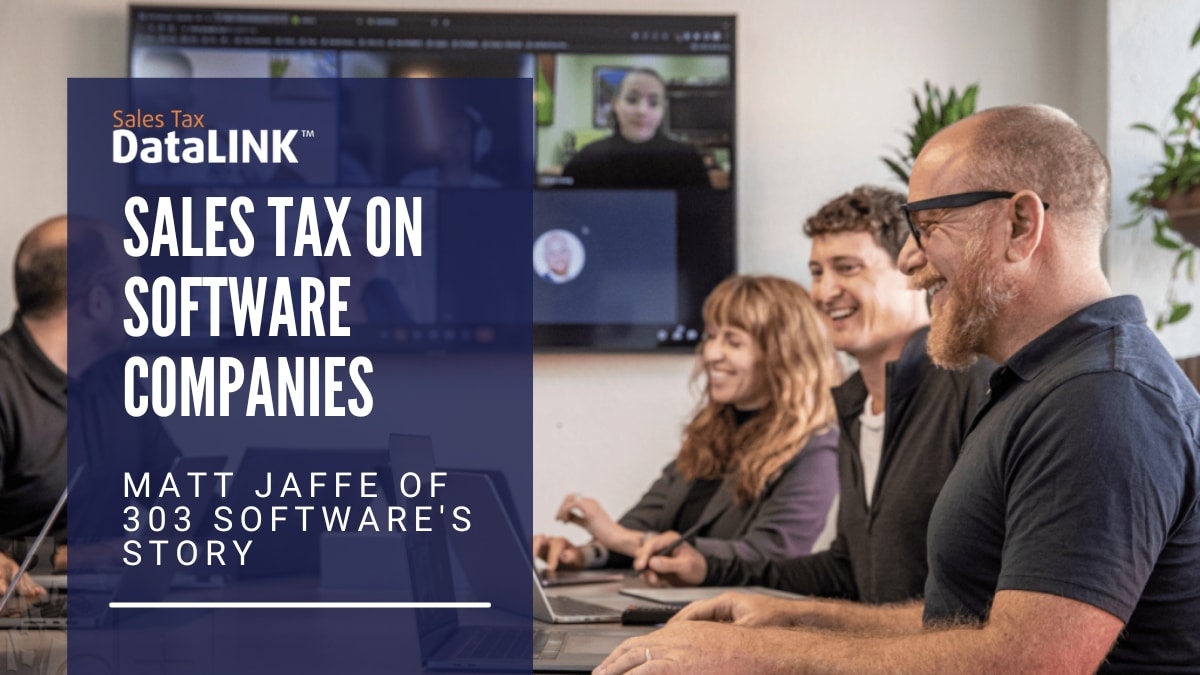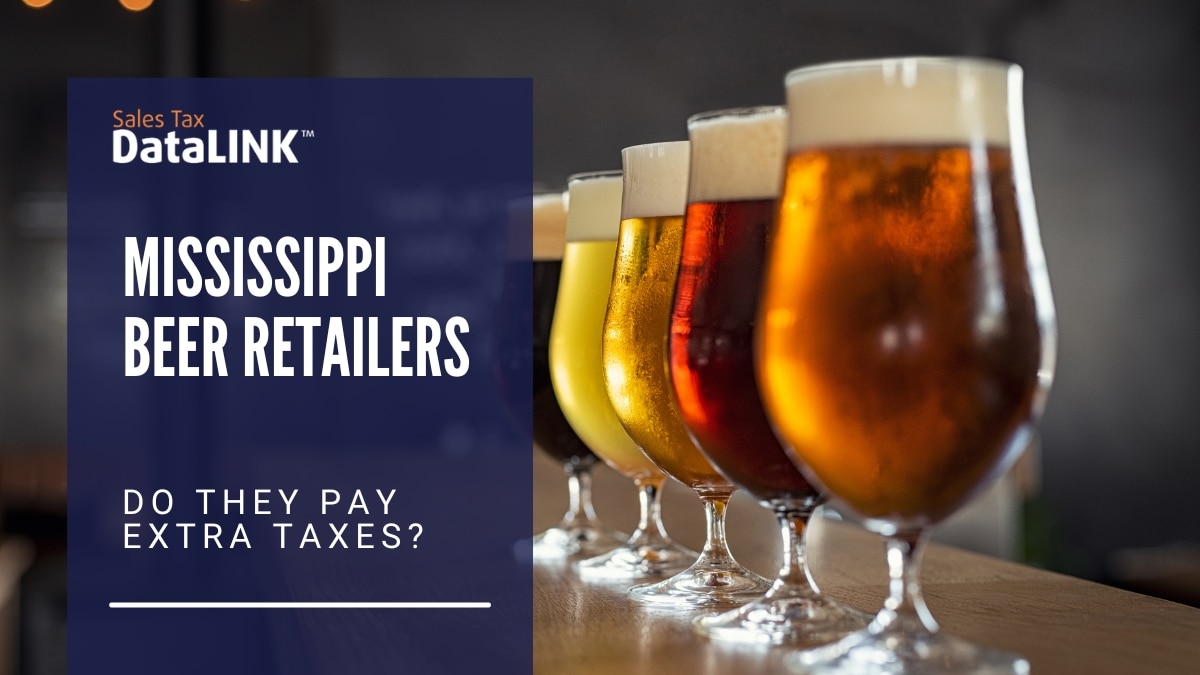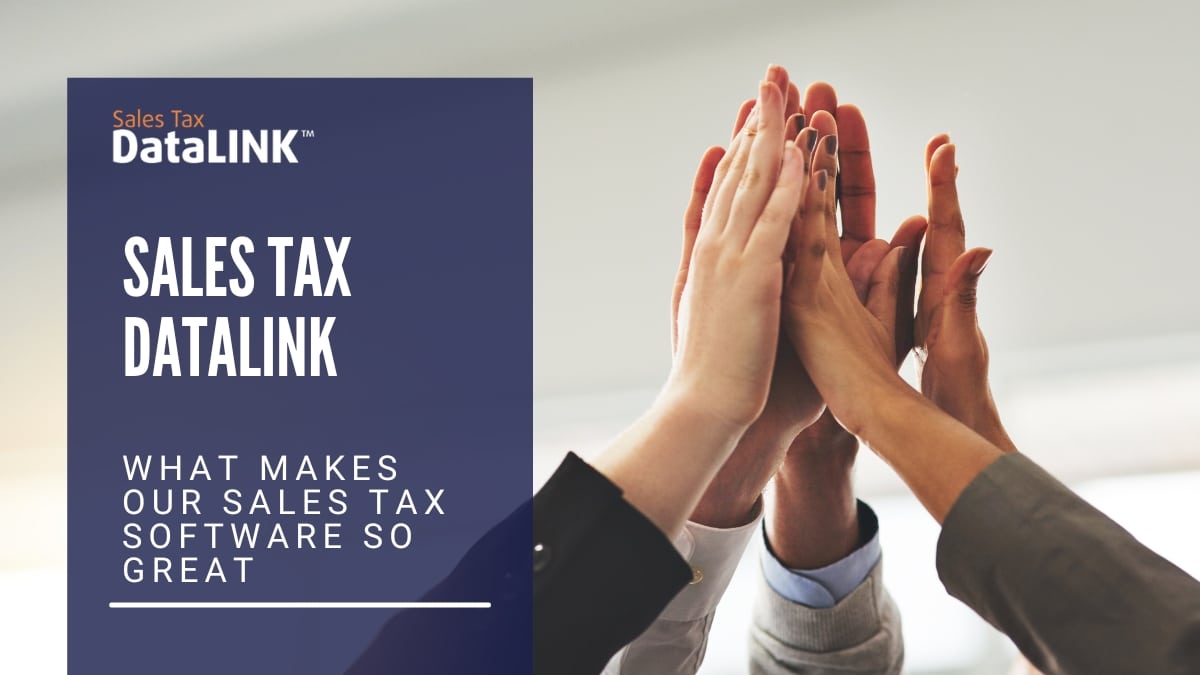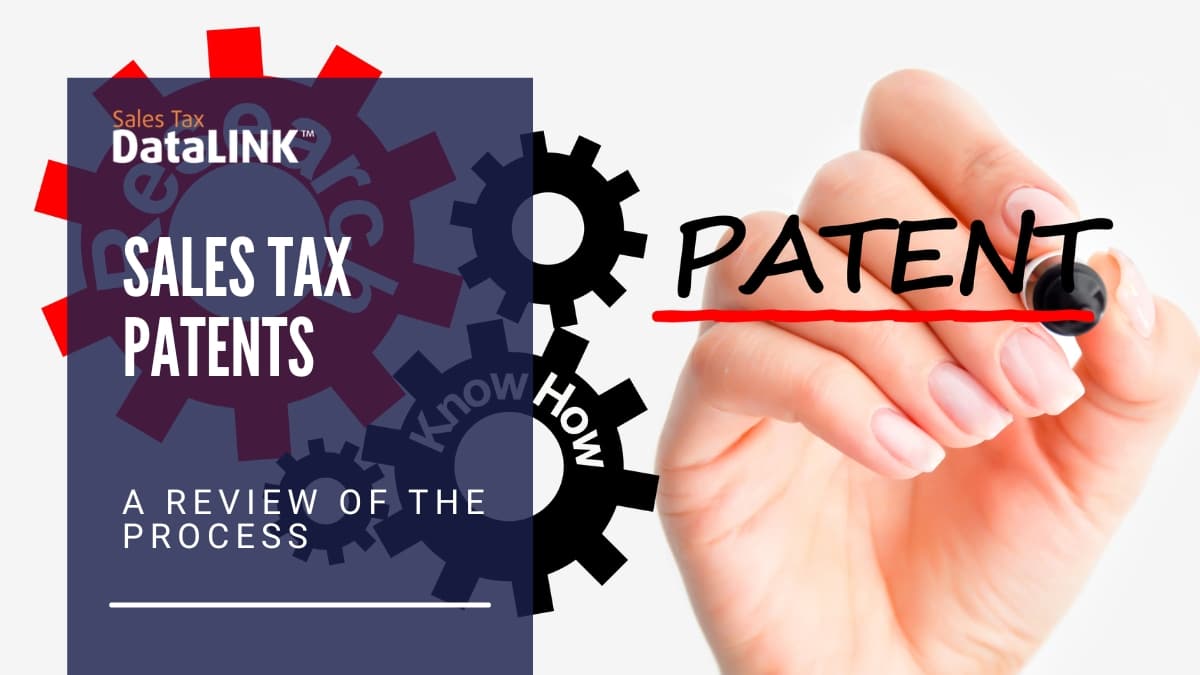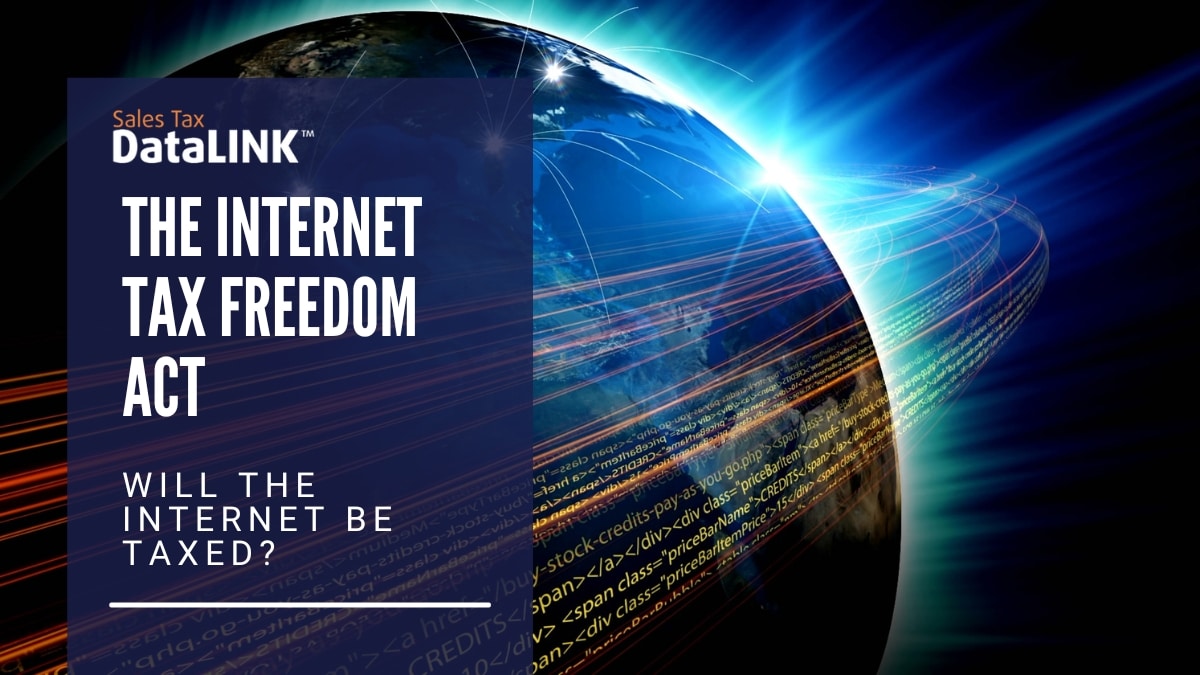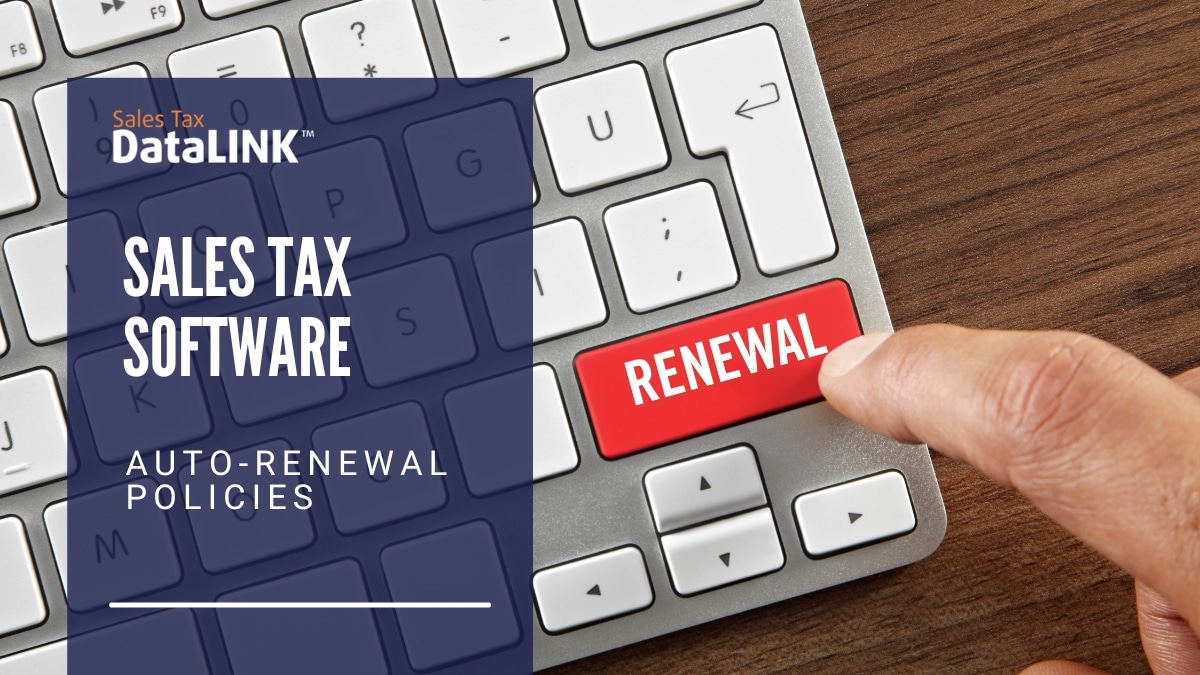Sales Tax DataLINK's sales tax software provides operators with unparalleled control and convenience. Users can upload Excel files themselves, eliminating the need to rely on others for file uploads and avoiding unnecessary wait times.
Sales tax vendor discounts are a common practice in about half of the U.S. states, aiming to compensate vendors for the expenses incurred in filing sales tax. Typically, retailers who exceed a certain sales tax collection threshold are eligible to retain a percentage of the collected amount, ranging from 0.5% to 3%, to cover monthly filing costs.
Sales Tax DataLINK stands out from other sales tax software providers by offering demos with your data. While many software vendors prefer to showcase simulated examples, we believe in letting our software speak for itself using your actual files.
Contrary to popular belief, citizens are not typically against sales tax. In fact, a recent poll in San Jose revealed that two-thirds of voters actually favored sales tax increases. While people may have emotional reactions to taxes in theory, the majority understand the importance of funding public services like roads, schools, and libraries.
Keeping your sales tax software up to date is crucial for a seamless tax filing experience. One common frustration among users is the lack of regular updates from their software providers. Opting for a web-based solution that automatically updates itself can alleviate the hassle of annual software updates associated with premise-based systems.
Sales tax automation can greatly benefit businesses by streamlining the sales and use tax filing process. However, it's important to understand that automation alone does not guarantee accuracy. A recent Forbes article highlights this point, emphasizing that the accuracy of automated software solutions relies on the correct entry of customer information.
The debate surrounding sales tax changes raises concerns about the extent of government power. In Ohio, the collection of online sales tax has reached record-breaking numbers, but legislators believe more can be done to maximize revenue.
The question of who pays for sales taxes is often debated, with the claim that consumers bear the burden while businesses merely collect and pass on the taxes. However, this overlooks the costs incurred by businesses in the process.
Sales tax analytics services play a crucial role in dealing with Big Data and identifying actionable insights from large datasets. By utilizing sophisticated software, these services conduct comprehensive checks to pinpoint variances in invoices and provide valuable information for follow-up actions.
As companies recognize the importance of specialized software for sales tax compliance, the question arises: What type of software is best? One crucial consideration is whether to opt for web-based sales tax software or on-premise packages.
Sales tax is a topic that often sparks debates about its regressiveness. Unlike progressive taxes that place a higher burden on higher-income individuals, sales taxes are often considered regressive as they impose a larger burden on those with lower incomes.
The landscape of online sales tax is evolving, prompting discussions and ideas for potential updates. While the Marketplace Fairness Act has faced challenges in Congress, various proposals are being considered. One suggestion is for credit card companies to handle the collection and remittance of sales taxes, leveraging the prevalence of electronic transactions.
Understanding the difference between origin and destination-based sales tax systems is crucial. In origin-based states, taxes are calculated based on the location of the business, while destination-based states tax according to the location of the customer. For example, in Alpine, Utah, a business charges a consistent tax rate to all customers, regardless of their location.
Software companies are facing the complexities of sales tax regulations, as highlighted in Denver's case. Matt Jaffe's company and others were hit with unexpected sales tax liabilities, including taxes on data processing and use tax on items like food.
Mississippi beer retailers are facing the impact of complex tax regulations. While Jackson voters approved a one-cent sales tax increase to address infrastructure issues, the implementation has led to unexpected changes for wholesalers and retailers. Wholesalers now charge retailers a 7% sales tax on beer and light wine, which is unusual as wholesalers typically don't collect sales taxes from retailers.
Our sales tax software stands out from the competition, delivering exceptional performance and functionality. With years of dedicated work, we are confident that our software surpasses others in the market. To prove our claims, we offer a free evaluation where we take your current data files and demonstrate the capabilities of Sales Tax DataLINK.
Recent court rulings have brought attention to the significance of sales tax patents, particularly in the realm of software. The courts have emphasized that software ideas must contribute to the improvement of computer functionality or bring about technical advancements to be eligible for a patent.
The Internet Tax Freedom Act, represented by H.R. 3086 and S. 1431, aims to address the taxation of internet access and online sales. The Act, which has garnered support from the House Judiciary Committee and the Congressional Internet Caucus, seeks to extend the moratorium on internet taxes that was initially put in place 16 years ago.
If you are currently using a sales tax software solution that doesn't wow you, don't wait until the last minute to look for an alternative. Let us impress you right now.
The Yoga Tax controversy in Washington, D.C. has sparked debates on fitness and taxation. Critics argue that taxing yoga studios and gyms discourages healthy lifestyle choices. They believe that incentivizing people to engage in fitness activities should not involve levying additional taxes.
BlogEdwin Flores2023-11-03T08:37:15-05:00

